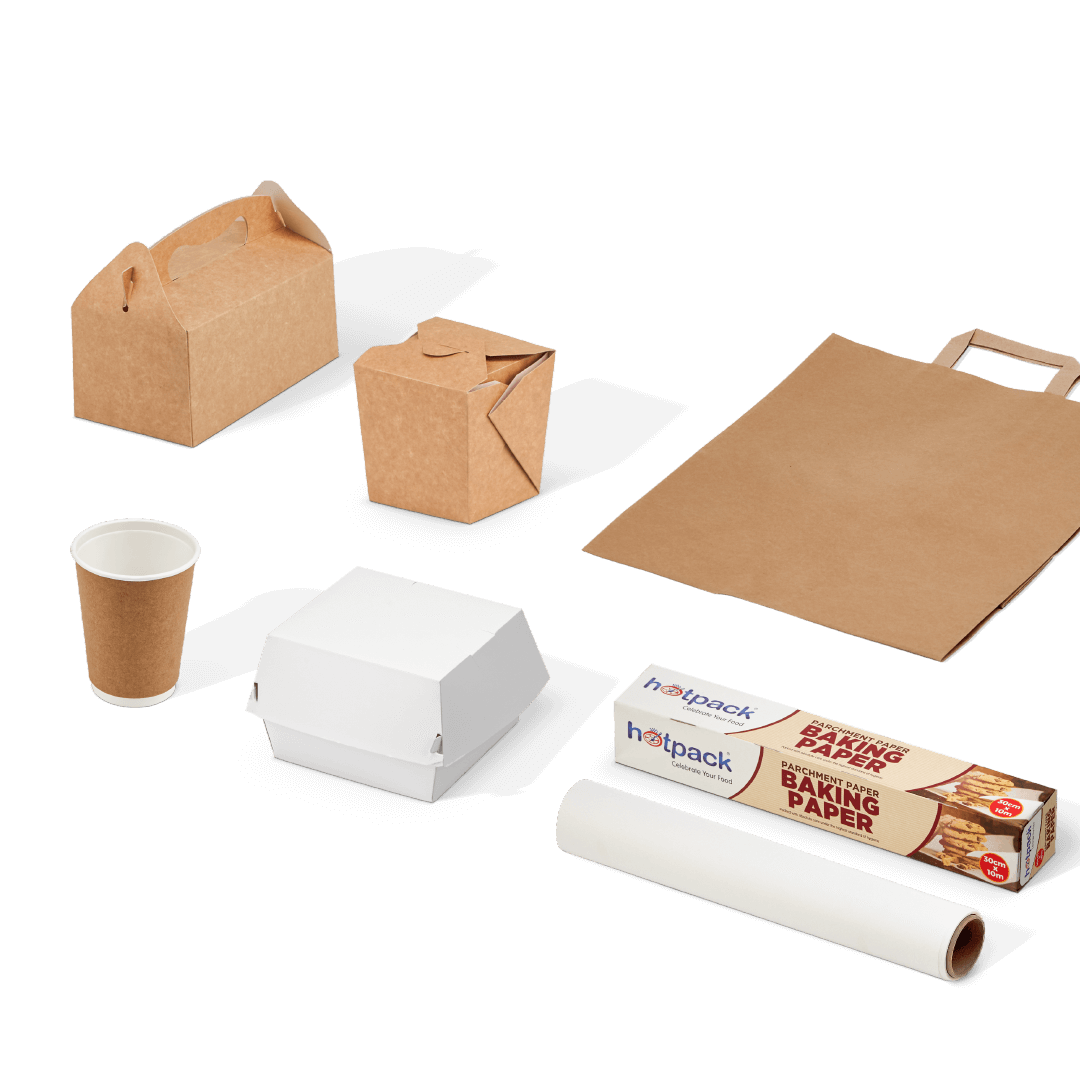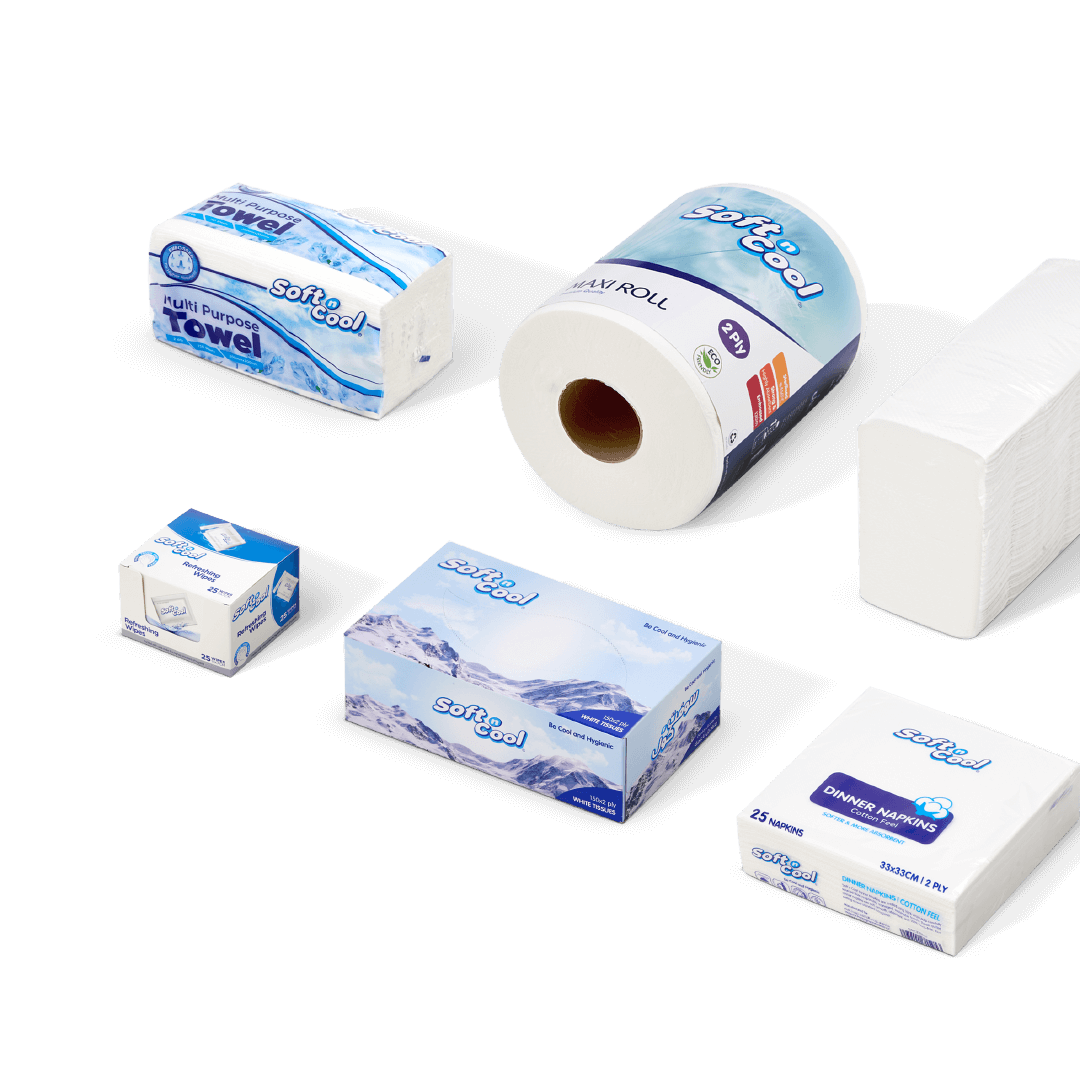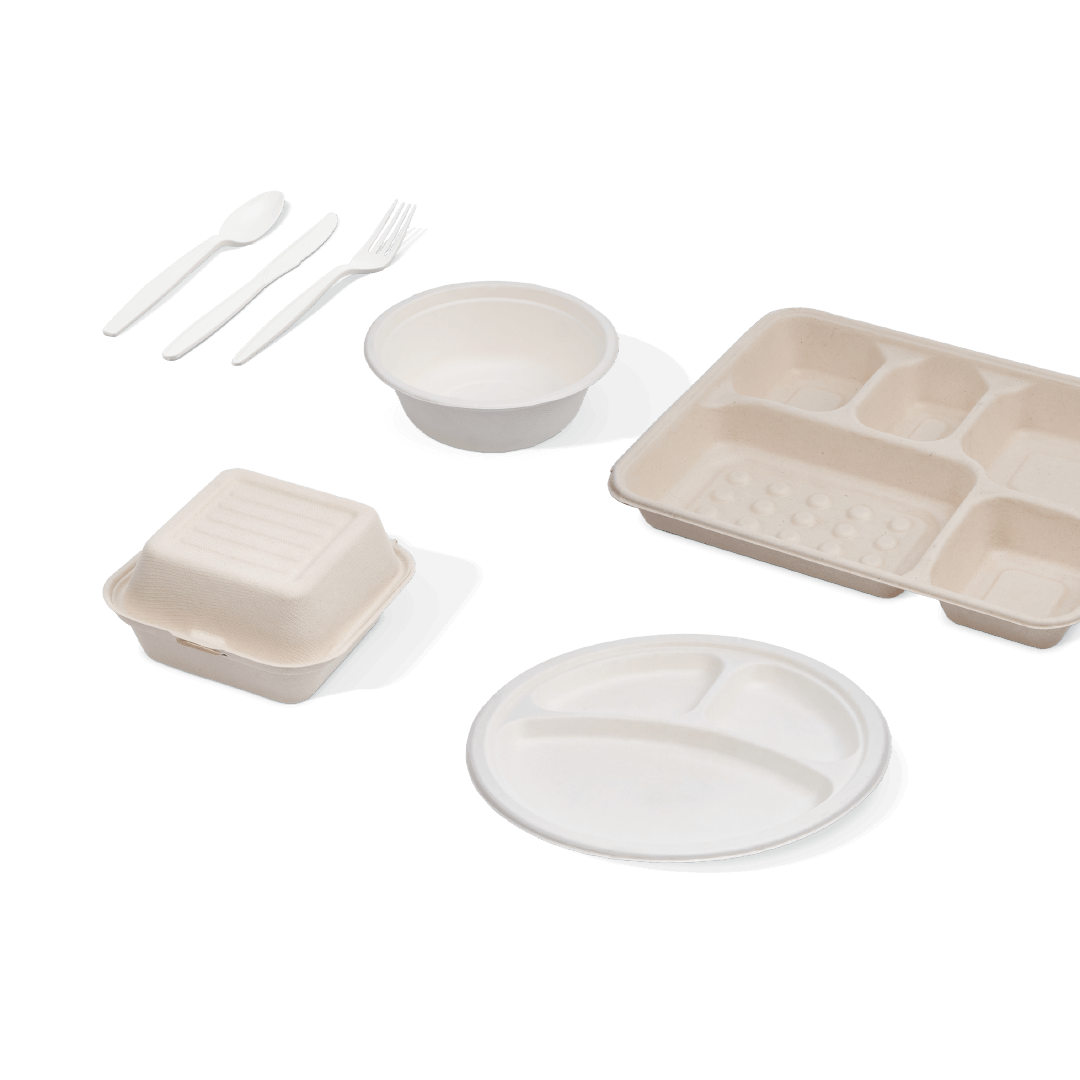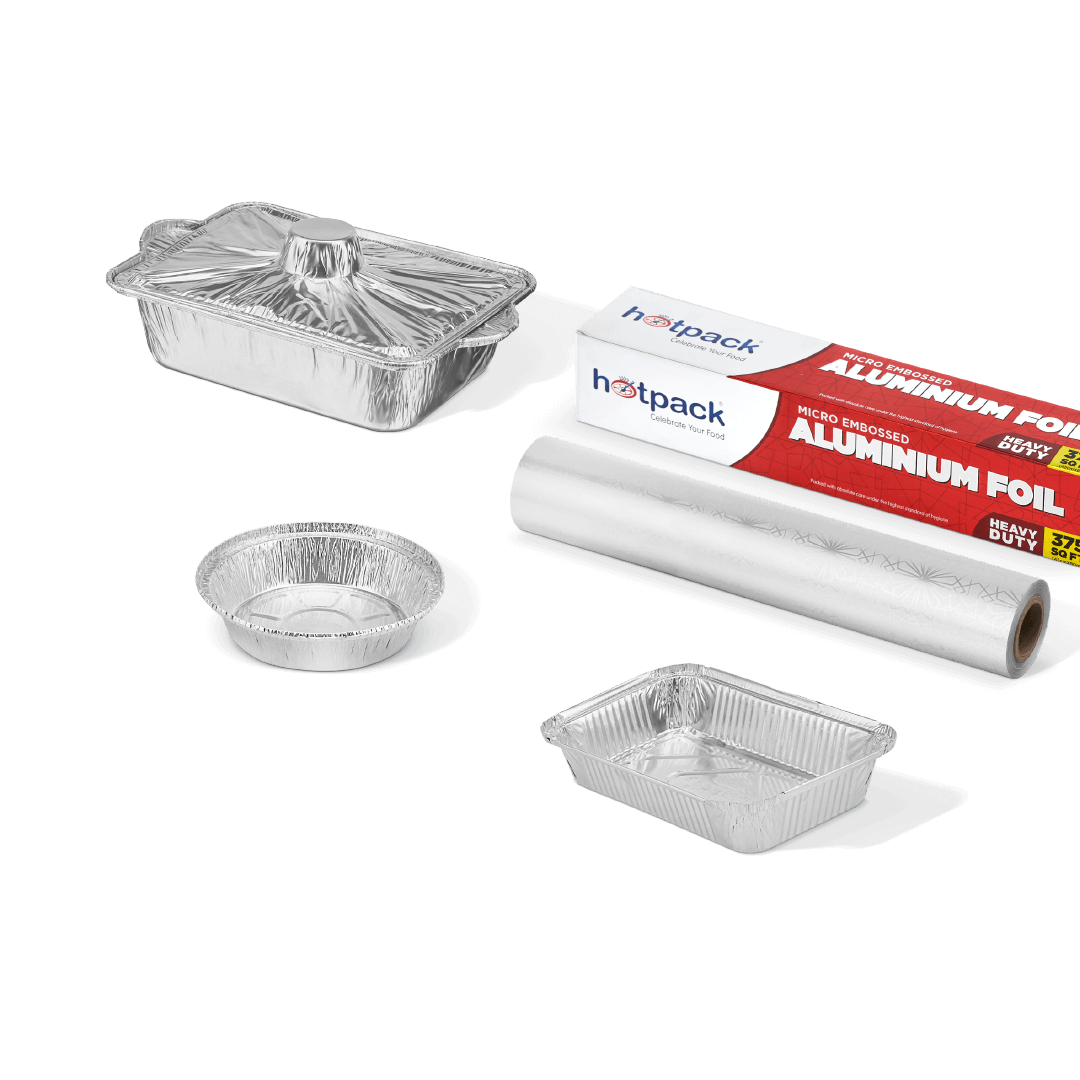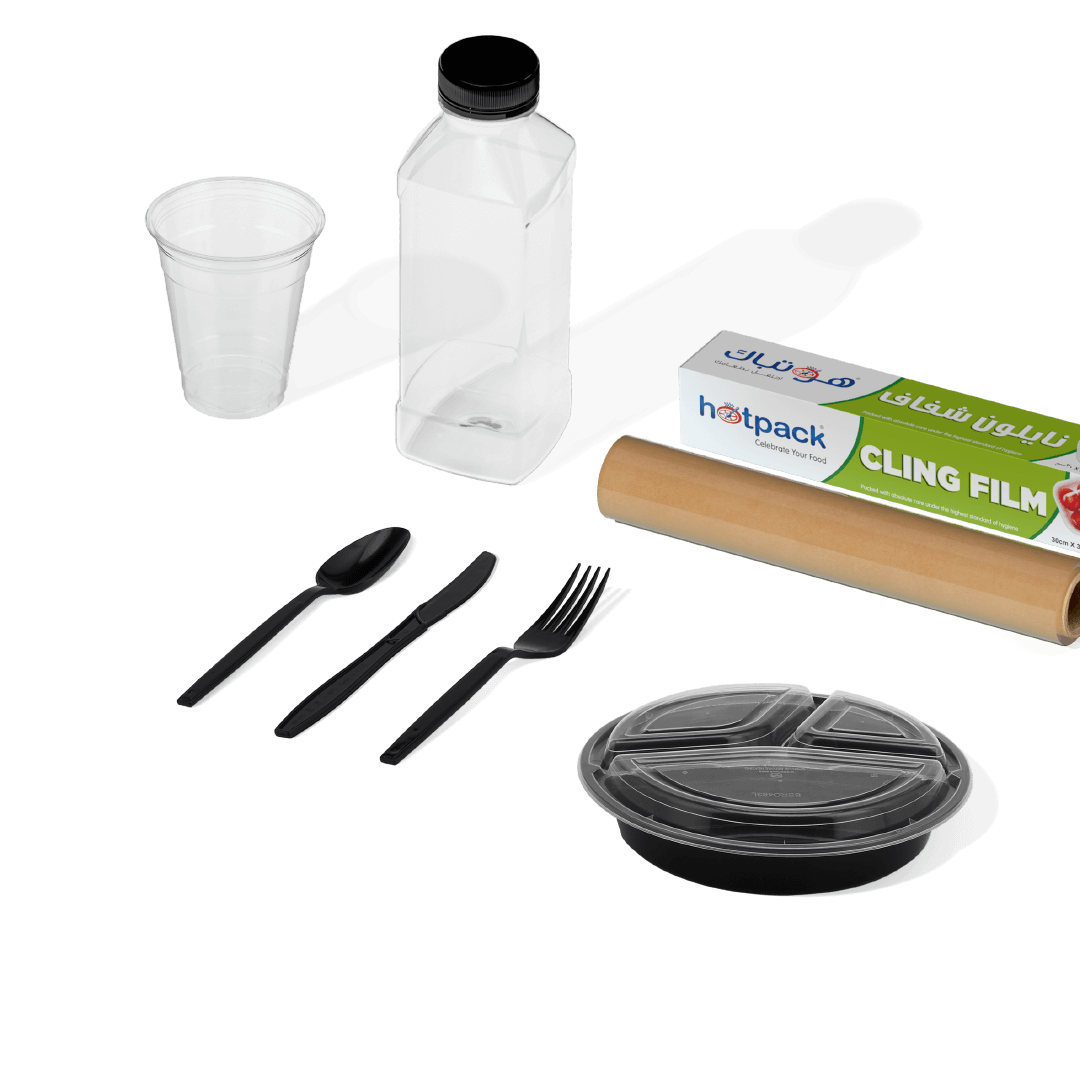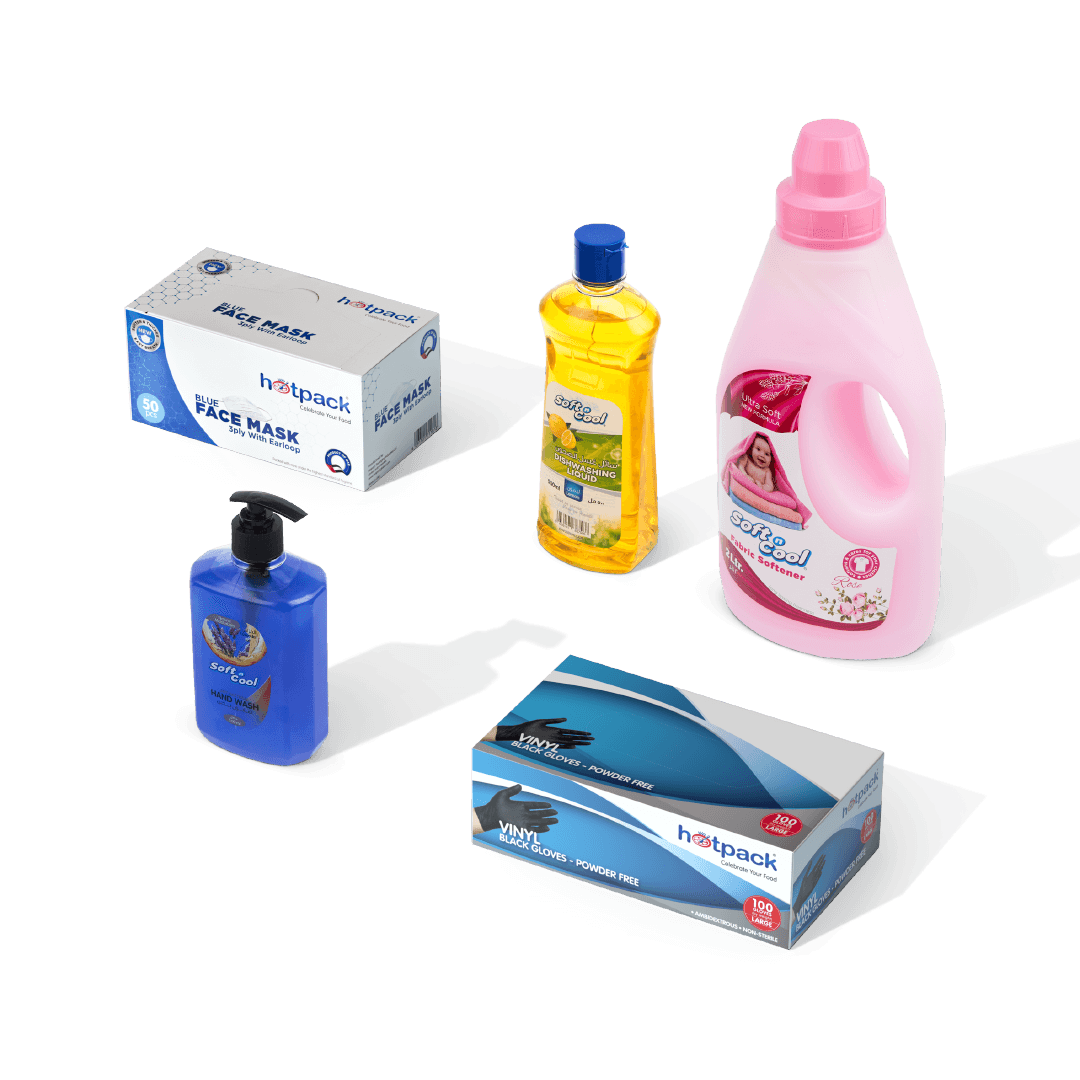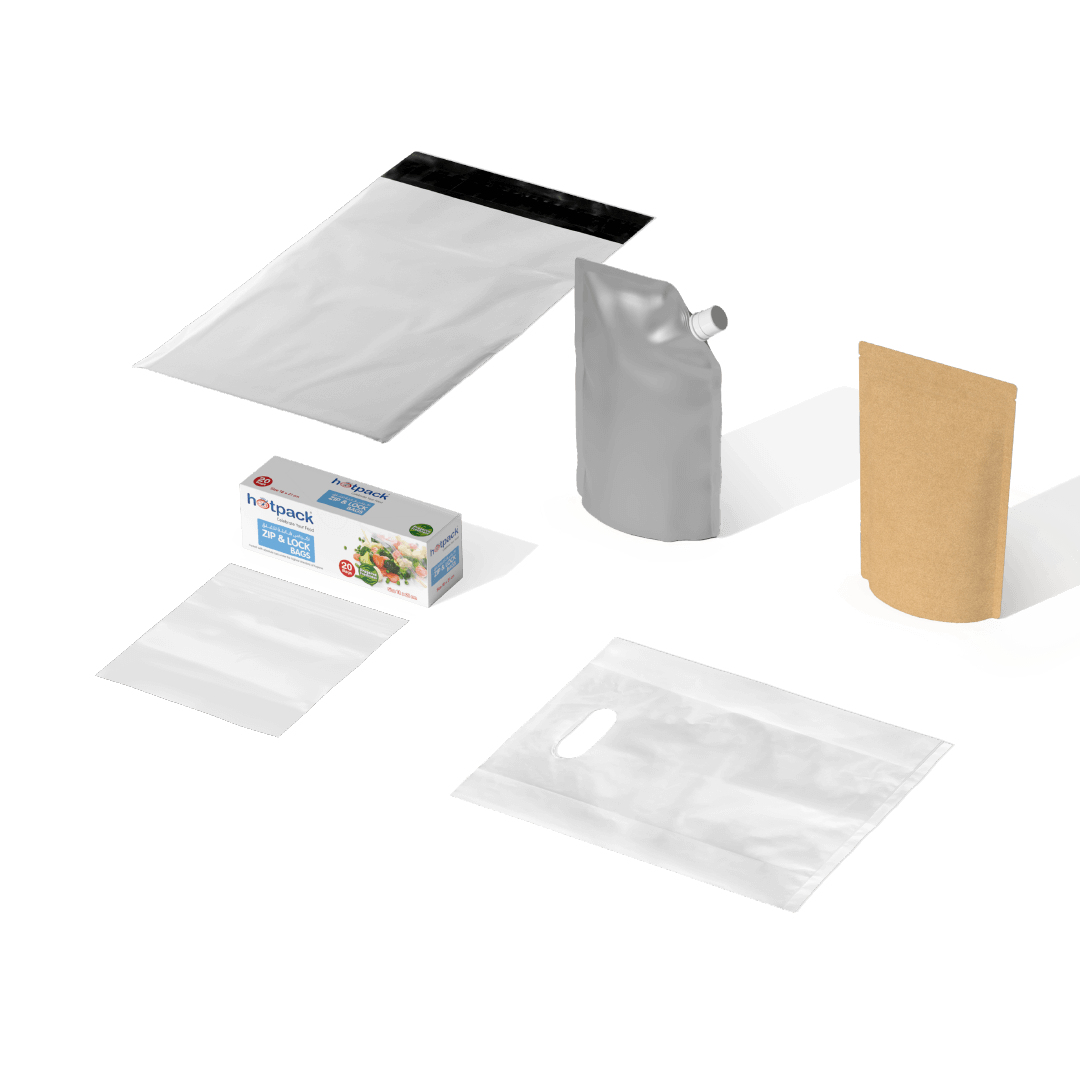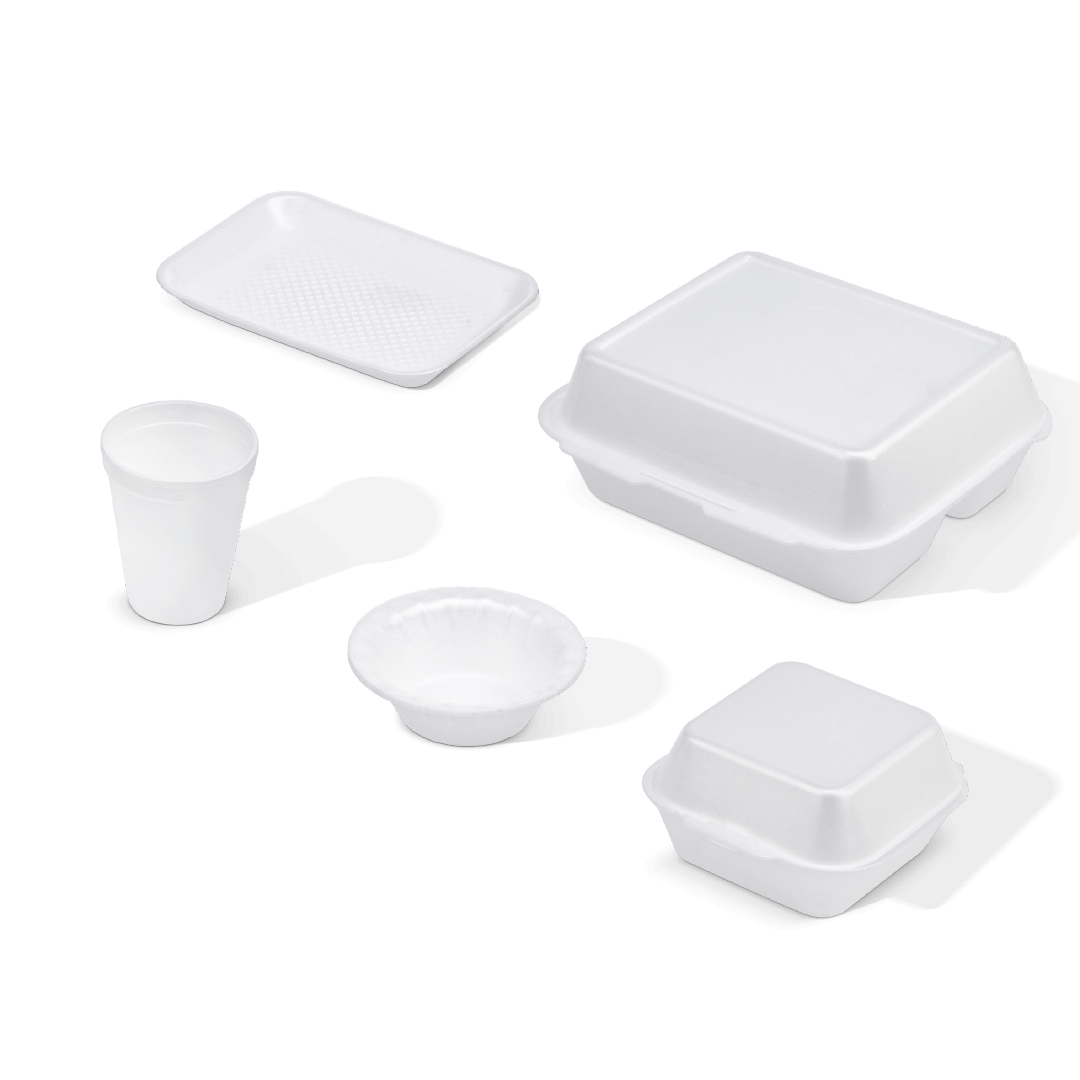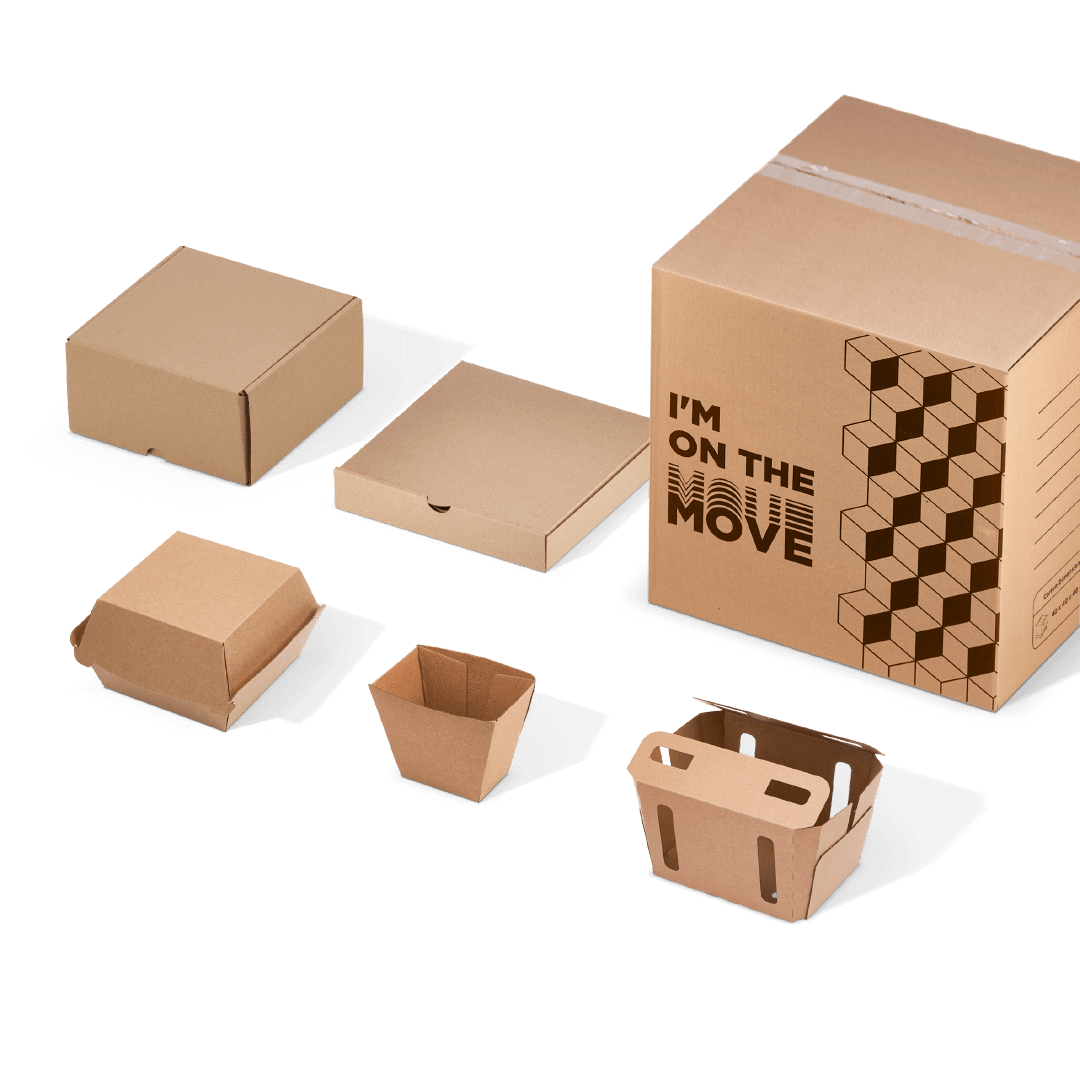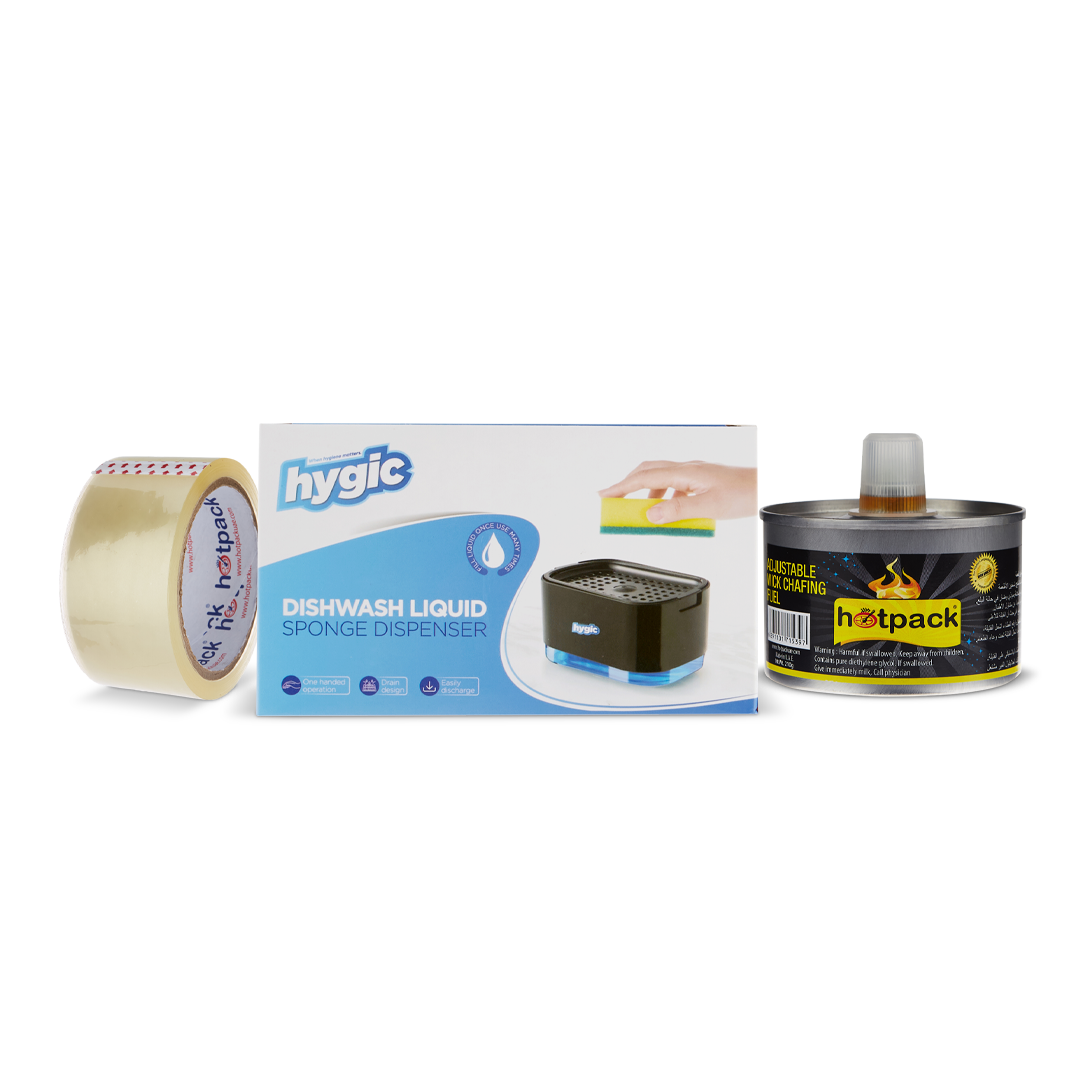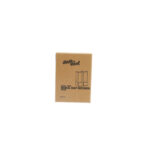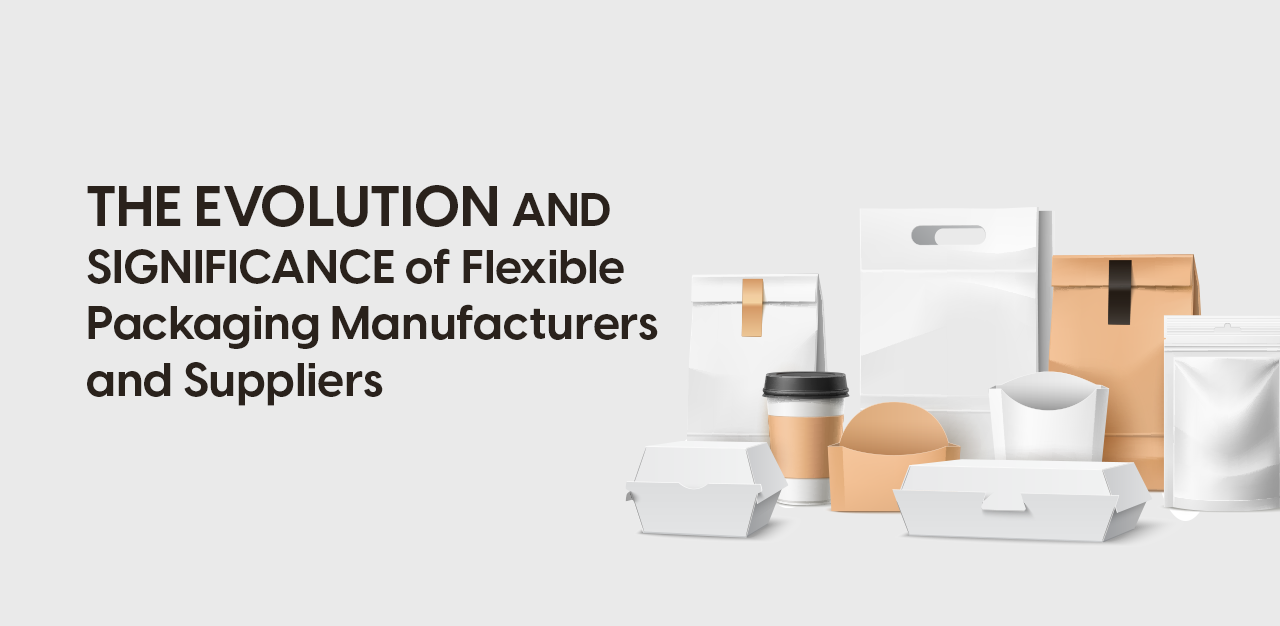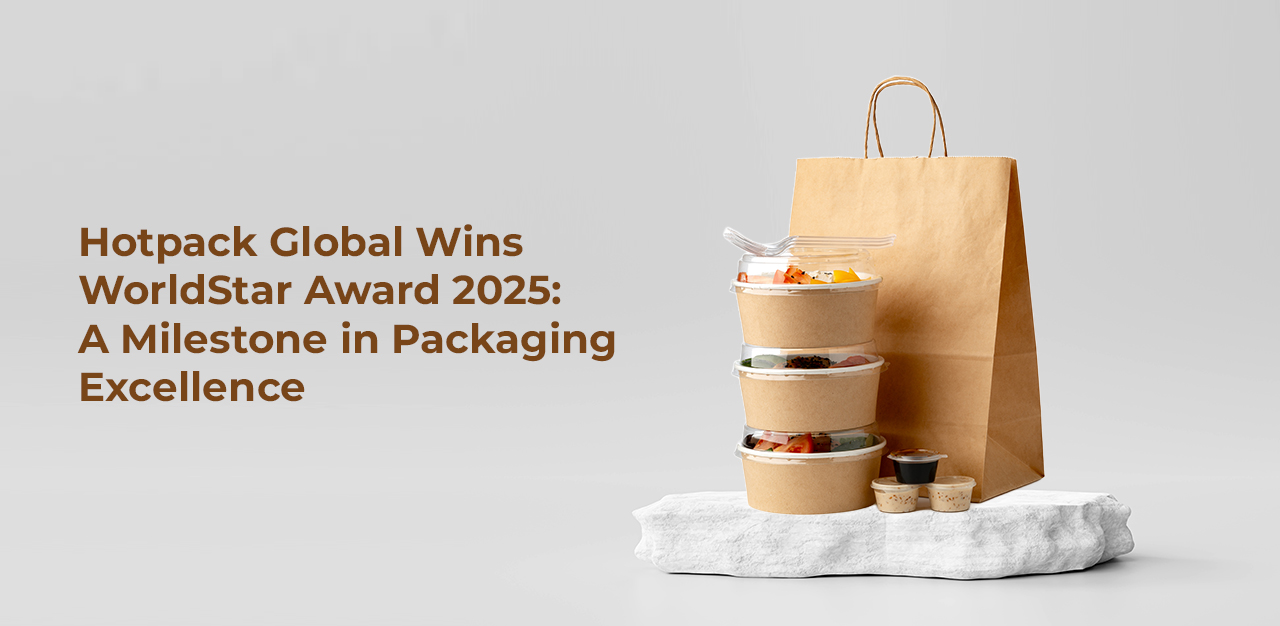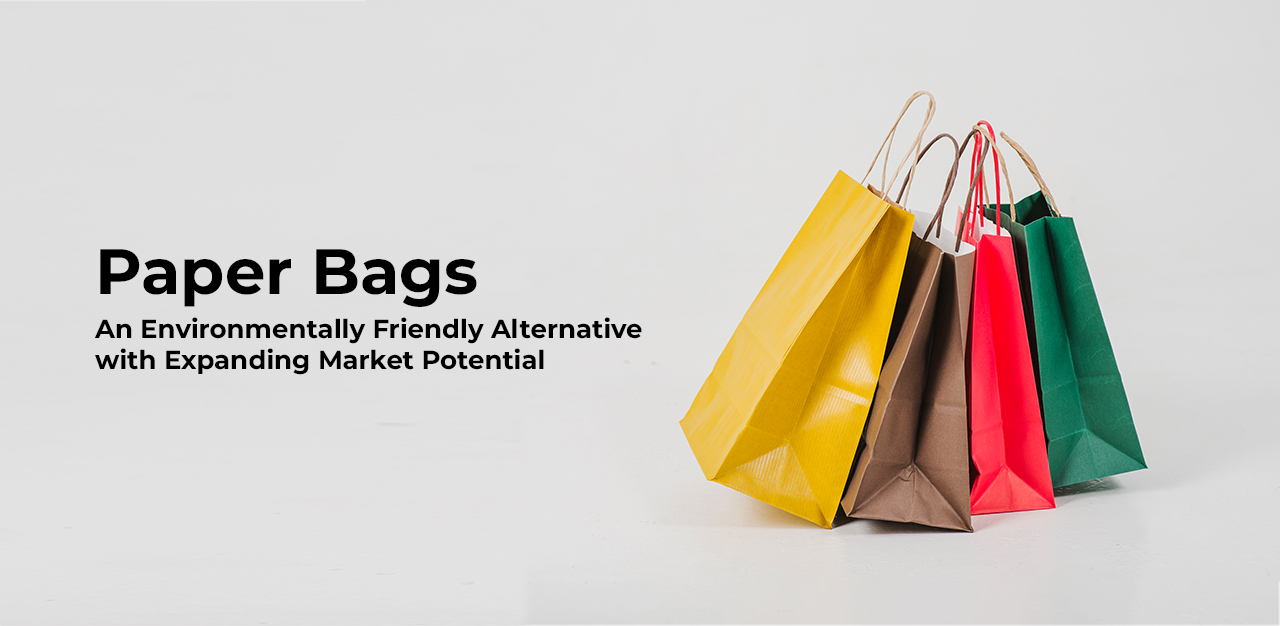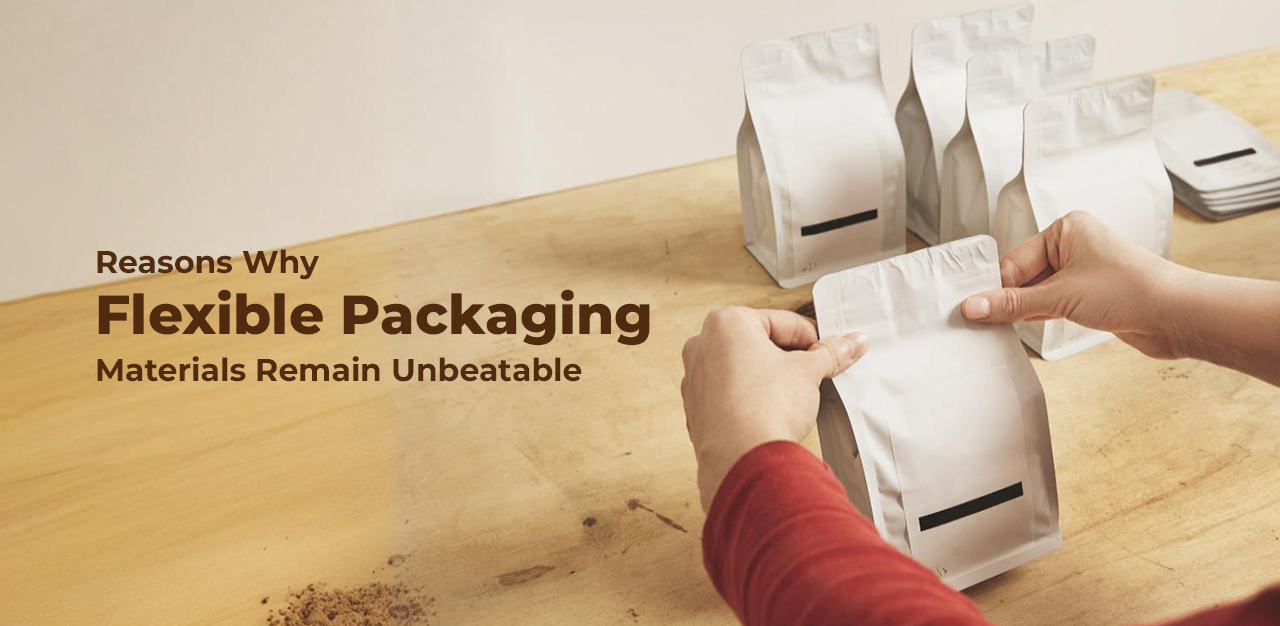In today’s fast-paced and eco-conscious world, flexible packaging manufacturers and suppliers have become integral to the consumer industry. These innovative companies have revolutionized packaging, allowing businesses to adapt to changing consumer needs, minimize their environmental footprint, and prolong product freshness. This article explores the vital functions, evolving trends, and significant impact of flexible packaging manufacturer companies on modern consumer experiences.
Paradigm Shift in Packaging
Packaging has evolved beyond its functional purpose to become a platform for creativity, a product safeguard, and an avenue for crucial information. Flexible packaging has emerged as a prominent figure in this realm due to its ability to adapt, versatility, and environmentally-friendly nature. Flexible packaging encompasses materials such as plastic films, aluminum foils, and paper, all engineered to safeguard various products, from snacks to pharmaceuticals. This packaging industry segment has experienced exponential growth in recent years, reshaping how products are stored, transported, and displayed.
The Crucial Role of Flexible Packaging Manufacturers and Suppliers
Flexible packaging manufacturers and suppliers are the architects behind the sleek pouches, convenient wrappers, and lightweight sachets that now grace store shelves. These entities do much more than create eye-catching designs; they cater to a range of needs that modern businesses must address:
Customization:
Flexible packaging manufacturers craft packaging solutions that align with the unique requirements of each product. This personalization extends to size, shape, material composition, and graphic design.
Preservation:
One of the foremost concerns of packaging is preserving the quality and freshness of products. Flexible packaging is designed to shield items from external factors such as moisture, air, and light, thus extending shelf life and ensuring customer satisfaction.
Cost-Efficiency:
The lightweight nature of flexible packaging translates to reduced transportation costs and material usage, offering companies a cost-effective product packaging method.
Sustainability:
With consumers increasingly gravitating toward environmentally conscious options, flexible packaging has emerged as a sustainable alternative. Manufacturers use fewer resources during production and generate less waste, making it a greener option than traditional rigid packaging.
Innovation:
Advancements in technology have enabled flexible packaging suppliers to incorporate features like resealable zippers, tear notches, and spouts, enhancing user convenience and setting trends in packaging design.
Evolving Trends in Flexible Packaging
The flexible packaging landscape is not static; it is shaped by changing consumer preferences, technological advancements, and industry dynamics. Several trends have come to the forefront in recent times:
- Minimalism and Simplicity: As consumers seek transparency and authenticity, packaging designs move towards minimalist aesthetics, emphasizing clarity and simplicity in graphics and messaging.
- Smart Packaging: The integration of technology into packaging is gaining traction. QR codes, NFC tags, and RFID sensors offer interactive experiences and real-time product information tracking opportunities.
- Biodegradable Materials: Environmental concerns have driven manufacturers to explore biodegradable and compostable materials, aligning with the global push towards eco-friendliness.
- Convenience Features: Flexible packaging is becoming synonymous with convenience. Resealable closures, easy-to-open tear notches, and spouts for liquids are becoming standard features, enhancing user experience.
- Personalized Packaging: Thanks to digital printing capabilities, businesses can now create limited runs of packaging with personalized designs, catering to niche markets and special occasions.
The Flexible Packaging Industry’s Impact on Consumer Goods
The influence of flexible packaging suppliers extends far beyond the realm of aesthetics. Their contributions have led to significant improvements in various consumer industries:
- Food and Beverages: Flexible packaging has revolutionized storing and presenting food and beverages. The lightweight, airtight design of pouches and bags maintains product freshness and extends shelf life, reducing food waste.
- Pharmaceuticals and Healthcare: Pharmaceuticals demand precise packaging that preserves product integrity. Flexible packaging protects from external elements, ensuring that medications retain their efficacy.
- Personal Care and Cosmetics: Products in the personal care sector often require visually appealing and functional packaging. Flexible packaging allows for innovative designs that attract attention while safeguarding the contents.
- E-Commerce: As online shopping becomes increasingly popular, the importance of packaging in e-commerce cannot be overstated. Flexible packaging’s adaptability makes it an ideal solution for securely shipping products of various sizes and shapes.
Challenges and Future Outlook
While the flexible packaging industry has made remarkable strides, it also faces certain challenges:
- Recycling and Waste Management: Despite its eco-friendly attributes, not all flexible packaging is easily recyclable. The industry is working towards developing more recyclable and compostable options to reduce its environmental footprint.
- Regulatory Compliance: As with any industry, packaging is subject to regulations and standards that vary across regions. Flexible packaging manufacturers must navigate these requirements while ensuring product safety and compliance.
- Consumer Education: Educating consumers about the recyclability and disposal of flexible packaging is vital to maximizing its sustainability benefits. Looking ahead, the future of flexible packaging appears promising:
- Technological Integration: Smart packaging will likely become more prevalent, allowing consumers to interact with products and access real-time information.
- Circular Economy: The industry is poised to embrace circular economy principles, focusing on designing packaging that can be easily recycled and repurposed.
- Material Innovation: Research into novel materials will continue, strongly emphasizing biodegradable and renewable options.
The realm of a flexible packaging company stands as a testament to the transformative power of innovation and adaptability in the packaging industry. As consumers seek products that align with their values, lifestyles, and environmental concerns, the significance of flexible packaging has grown exponentially. Its ability to seamlessly blend aesthetics with functionality while minimizing environmental impact highlights its crucial role in modern commerce.
The evolution of flexible packaging reflects a shift towards sustainable practices, personalized experiences, and cutting-edge technology. From biodegradable materials to smart packaging solutions, this sector is poised to meet the demands of an ever-evolving market. Challenges such as recycling and regulatory compliance serve as catalysts for continuous improvement and collaboration within the industry.
As the global landscape continues to evolve, the flexible packaging industry’s journey is far from over. It is a journey marked by both responsibility and opportunity. By embracing innovation, advocating for eco-conscious practices, and prioritizing consumer education, flexible packaging manufacturers and suppliers are poised to shape a future where packaging not only safeguards products but also reflects the values and aspirations of an increasingly conscious consumer base. Through these efforts, the story of flexible packaging unfolds as a narrative of adaptability, sustainability, and a commitment to enhancing both consumer experiences and our world.
To read about unveiling the transition from bottle filling to flexible packaging: Click Here

